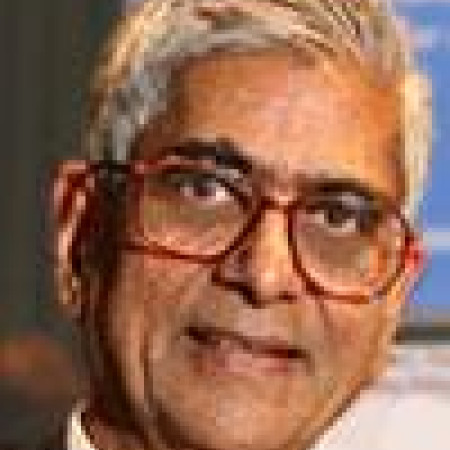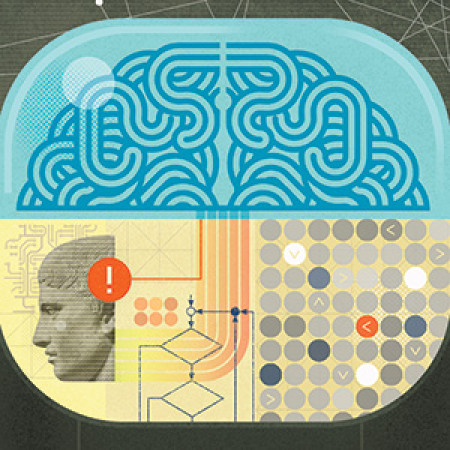Michael Sandel, William Haseltine - Ethics in the Age of Genetic Engineering
Scientific advances have opened previously unimaginable possibilities in the realm of human reproduction. Determining the sex of an early-stage embryo, or shifting the pre-conception arrangement of chromosomes in favor of certain outcomes, further opens the door to sex selection. By various means, it is becoming feasible to genetically engineer a child with specific qualities. In this audio lecture, Michael J. Sandel and William Haseltine debate the moral and ethical implications of such actions.












